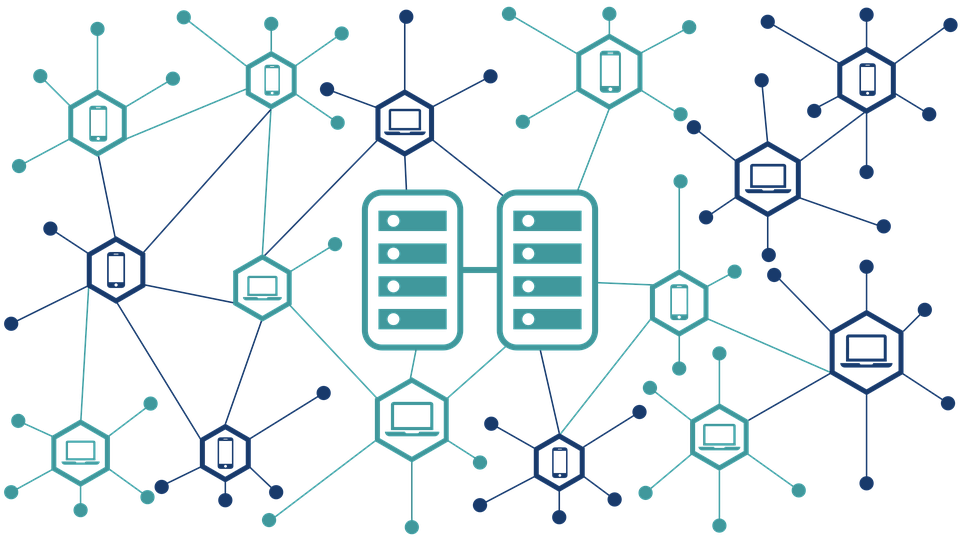LG CNS Plans to Launch Blockchain Supply Chain Platform for Food Traceability In Schools

Global tech conglomerates are looking towards blockchain when it comes to solving some of the most important issues that concern their industry. LG CNS, a subsidiary of South Korean tech giant LG Corp. will leverage the blockchain technology to enhance better traceability and food distribution in schools.
The platform is primarily focused on school cafeteria lunch programs and will aim towards enhancing the transparency in the supply chain. The new system is developed in partnership with SayIT, a local IT service provider and will be deployed on LG’s proprietary blockchain platform dubbed “Monachain”.
The project will be executed in cooperation with the regional governments and will provide all details of the supply chain history with full transparency about the food served in national food cafeterias. Thus, Monachain will track complete information related to production, processing, distribution, acquisition, and consumption of the food offered.
The accurate information will help schools to optimize food production and reduce wastage of food consumed by the student population. Besides, in a statement to ZDNet, LG CNS said that the platform will create more information and transparency and help parents to safeguard the health of their children.
The Monachain blockchain platform by LG CNS has had some successful project in the past. The platform came into existence in September 2018. Developed in partnership with Japan, U.S., and Taiwan, allowing its customers to use three separate mobile carriers while traveling along with faster and cheaper services.
Besides, the platform also allowed users to make purchases through their mobile phones in a secure manner using the standard credit card but effectively reducing the international fee charged on it.
In addition to this, the LG Monachain also has seen success in effectively tracing the car batteries thereby allowing the officials to ensure that the specifications are met by the manufacturers. The platform tracks important details like production dates, inspection history, and also the distribution. This further helps to create an efficient ecosystem for recycling of the batteries.


